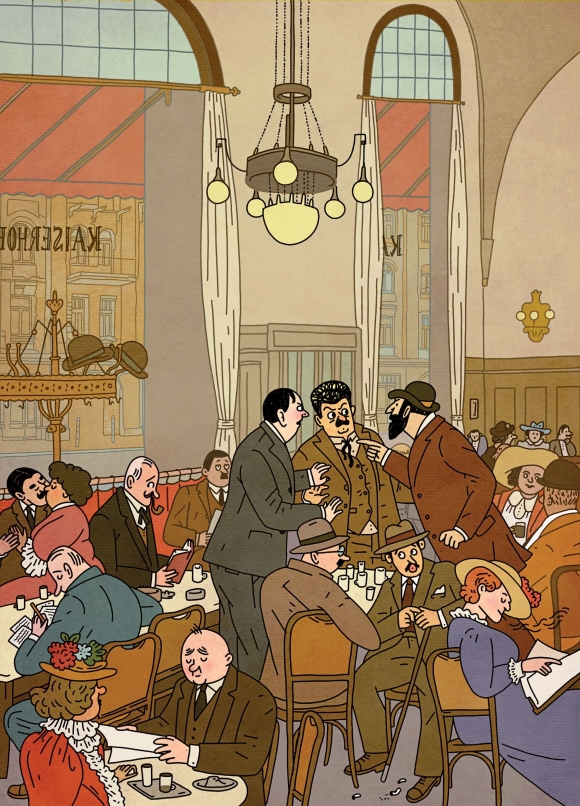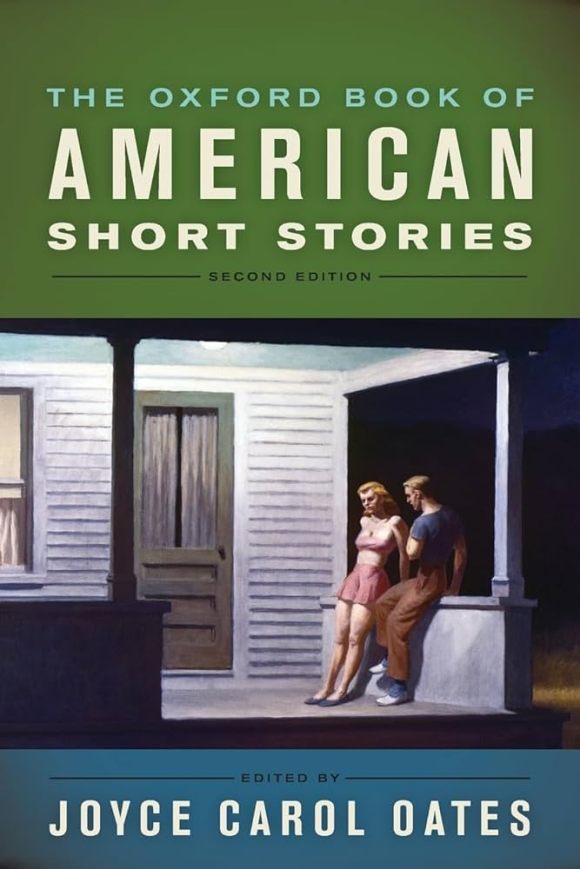Cancel Culture displaces individual responsibility, creates a hollow sense of satisfaction, and fails to resolve systemic injustice.
“There goes another!” rued a friend last June, as we sat sipping coffee.
“Hm?” Behind my friend played a slideshow of bustling Brigade Road – the screensaver on her laptop, while we video-chatted on our phones, a few months into the Covid-19 pandemic.
“J.K. Rowling,” my friend explained. “Twitter storm. Good thing I’ve already read her books! Tch, I skipped one of the movies… Oh well. They’re probably all gone from Netflix already.”
Within hours, the internet was burning in effigy the once-beloved writer. Her crime?
‘Transphobia.’
I excavated, expecting Rowling had committed manslaughter.
Nope. Someone had tweeted about measures being taken to improve lives for ‘people who menstruate.’ Rowling had retweeted this, mocking this circumlocution for ‘women.’ That’s it. This was the latest in a series of Rowling’s so-called ‘displays of intolerance.’
Is pointing out the reality of biological gender transphobic? Scientists now recognise the reality of gender dysphoria – a conflict between one’s biology and one’s psychological gender identity. To recognise the existence of cis-women, some of whom menstruate – is not to challenge the existence or rights of transwomen. All Rowling did was point out, with gentle humour, that cis-women exist. The trigger-happy internet interpreted this as transphobia. I was baffled. Is ‘women’ not the precise term for the circumlocution ‘people who menstruate’?
Rowling is a writer. Writers should be precise with language. So should we all.
Language is our primary tool for thinking. As George Orwell warned, muddy language can never support clear thinking. Without clear thinking there can be no meaningful dialogue, no sustained progress in any field. So why did Rowling’s remarks land her in the middle of Cancel Culture’s latest storm-in-a-teacup?
#
Where does cancel culture come from? Are we right to hold public figures to higher ethical standards?
I think we are. When, by luck or effort, someone enters the public sphere, the price they pay for all their privileges is their privacy. Their actions become more visible, more likely to influence the public. Insofar as public figures owe their wealth or popularity to the public – we’re right to expect them to speak thoughtfully, champion democratic values, and avoid mouthing off on subjects they’re ignorant about.
These expectations routinely fail. Celebrities are as likely as laypeople to mis-speak and mis-behave. Until recently, they were much likelier to get away with misbehaviour.
MeToo has begun the necessary, long-overdue process of cleaning out the stables.
But MeToo is only the beginning. Bringing criminals to justice is only a remedial action. Ahead of us still lies, across the world and across industries, the task of reforming laws and institutions. Of making the world a place of safety, dignity, and thriving for everyone. Of preventing the exploitation of vulnerable individuals in the first place.
But this task is long and hard and tedious. Watching celebrities point fingers at other celebrities was exciting. Now, we can do our own finger-pointing. A celebrity said something that someone could possibly interpret as transphobic/homophobic/misogynistic? Cancel them!
Cancel Culture makes us feel good. Humiliating someone powerful makes us feel powerful. Showing up someone’s sin makes us feel virtuous.
Celebrities routinely articulate ignorant/insensitive views. But the outrage storm that follows seldom clarifies the issue. It simply generates noise and hostility.
Partly, this has to do with the nature of the internet. Twitter was not designed for nuanced, extended discourse.
But there’s another, psychological reason behind cancel culture. Name-calling celebrities is an empty gesture – but it’s easy.
The tragic irony is that transphobia is real. So are homophobia and misogyny. Everywhere, minorities struggle to live safely, earn a living, and access equal opportunities at work, healthcare, and housing. The work of reforming government institutions, mechanisms for judicial redress, and sociocultural attitudes – is long, hard, and tedious.
In this respect, India can be cautiously celebratory. In 2014, the Supreme Court recognised the third gender: a decision materially impacting India’s 2 million transgender people. In 2018 IPC Section 377 criminalising homosexual activity was finally struck down. But much work remains: in India as elsewhere, LGBT individuals still face high rates of physical and sexual violence, poverty, ill-health, and stigma.
Rowling has done nothing but articulated politically incorrect views. Numerous celebrities have done much worse. They’ve ruined lives, committed crimes, and strong-armed vulnerable individuals into silence. They’re now being punished: which is excellent.
But this is only the beginning. And Cancel Culture distracts us from the hard work still ahead.
When we demand the boycott of a celebrity whose language offended someone, we avoid confronting the need for systemic reform. We refuse to face deep-rooted systemic problems. ‘It’s just a few bad apples,’ we pretend. ‘Weinstein, now Rowling… Just root out the bad apples, and everything will be fine.’
Do criminals exist? Yes. Is Weinstein a criminal? Yes. Once Weinstein’s accusers bravely emerged, it was easy to see him as a bad man, easy to convict him. Easy to forget that Weinstein’s serial crimes were enabled, condoned, and concealed by a vast and corrupt system.
Bringing individuals to justice, cancelling tele-series, agreeing that some people are ‘bad apples’ – these are easy gestures. Facing institutional corruption is hard. Nobody really wants to believe that our governments are corrupt. That the industries that produce the books, music, and films we love are corrupt. Facing systemic corruption is understandably scary: it pulls the ground from under our feet.
It’s equally hard to face ourselves. Which of us can look in the mirror and declare that we’ve never dismissed, exploited, or ill-treated someone less privileged? A garbage-collector. A subordinate at work. A maidservant. A beggar at a traffic-signal.
Facing the flaws in our systems, and in ourselves, is hard and scary. Cancel culture provides an easy vent for our unease in these turbulent times. Calls to cancel a celebrity create a drug-like surge of righteous rage. Name-calling a ‘bad apple’ fills our mouths with the cotton-candy feeling of own moral worth.
This feeling is fraudulent. If I call you a transphobe, does that prove that I’m not a transphobe? Of course it doesn’t. And does my not being a transphobe help improve the lives of transpeople? Maybe. If I get off my Facebook virtue-signalling backside and get out there and take practical action, demanding reform and advocating for systemic change. That’s hard. That’s unappealing. Virtue-signalling by name-calling celebrities is much easier.
As private individuals, our actions do not attract the same scrutiny as Rowling’s. This makes it imperative for us to scrutinise ourselves. Using Cancel Culture to signal our own virtue and innocence exempts us from holding ourselves accountable.
Cancel culture distracts us from massive, systemic problems. Cancel culture displaces our responsibility for interrogating ourselves and our institutions. Without this interrogation, a good life, and a sound democracy, are both impossible. Cancel culture offers easy, hollow victories that distract us from the hard work of correcting material, financial, systemic injustice against transpeople and other minorities.
#
My friend went back and watched the Harry Potter film that she’d skipped earlier. As it happened, Netflix did not remove the films. But many Harry Potter actors, as well as fan-sites, cut their ties with Rowling.
“It’s bizarre,” my friend reflected. “I thought I wouldn’t like the film, after Rowling’s Twitter storm. But I did.”
“I guess Harry Potter is Harry Potter,” I suggested.
“Hmm… So, now are you finally going to read the books?”
END


